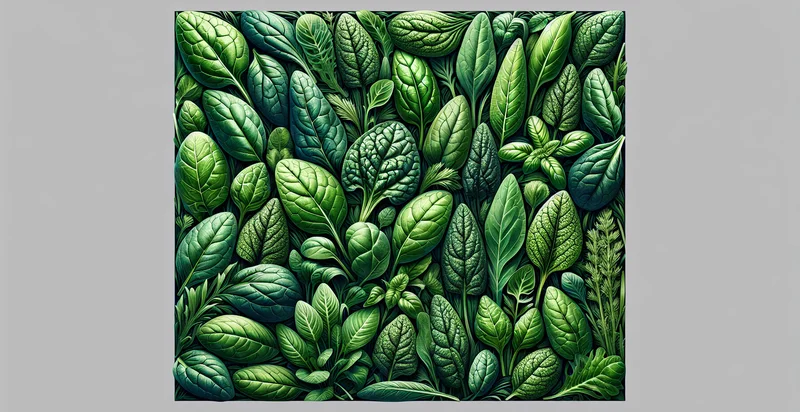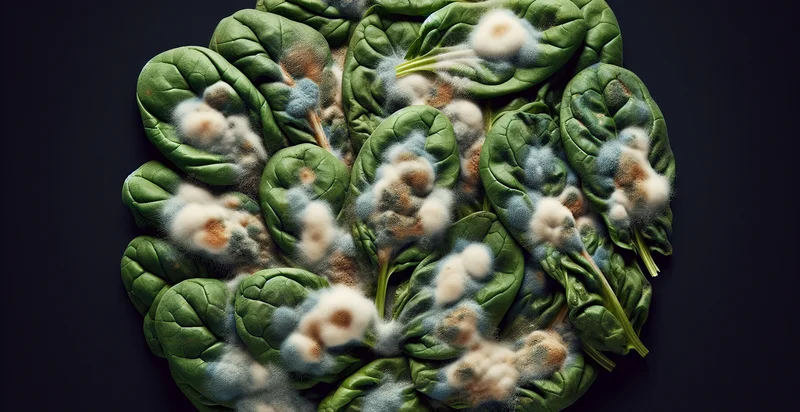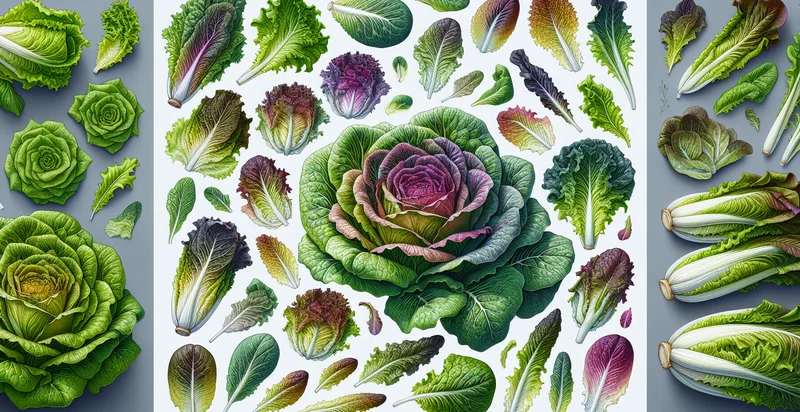Identify spinach species
using AI
Below is a free classifier to identify spinach species. Just upload your image, and our AI will predict what species of spinach it is - in just seconds.

Contact us for API access
Or, use Nyckel to build highly-accurate custom classifiers in just minutes. No PhD required.
Get started
import nyckel
credentials = nyckel.Credentials("YOUR_CLIENT_ID", "YOUR_CLIENT_SECRET")
nyckel.invoke("spinach-species", "your_image_url", credentials)
fetch('https://www.nyckel.com/v1/functions/spinach-species/invoke', {
method: 'POST',
headers: {
'Authorization': 'Bearer ' + 'YOUR_BEARER_TOKEN',
'Content-Type': 'application/json',
},
body: JSON.stringify(
{"data": "your_image_url"}
)
})
.then(response => response.json())
.then(data => console.log(data));
curl -X POST \
-H "Content-Type: application/json" \
-H "Authorization: Bearer YOUR_BEARER_TOKEN" \
-d '{"data": "your_image_url"}' \
https://www.nyckel.com/v1/functions/spinach-species/invoke
How this classifier works
To start, upload your image. Our AI tool will then predict what species of spinach it is.
This pretrained image model uses a Nyckel-created dataset and has 10 labels, including Chinese Spinach, Common Spinach, Flat-Leaf Spinach, Japanese Spinach, Malabar Spinach, New Zealand Spinach, Petite Spinach, Red Spinach, Savoy Spinach and Semi-Savoy Spinach.
We'll also show a confidence score (the higher the number, the more confident the AI model is around what species of spinach it is).
Whether you're just curious or building spinach species detection into your application, we hope our classifier proves helpful.
Related Classifiers
Need to identify spinach species at scale?
Get API or Zapier access to this classifier for free. It's perfect for:
- Agricultural Research: Researchers can utilize the spinach species identifier to study genetic diversity and relationships among different spinach species. This can assist in breeding programs aimed at developing disease-resistant or higher-yield crops.
- Supply Chain Management: The function can help food suppliers accurately classify spinach species during the sorting process. This ensures that quality control is maintained, reducing the risk of mislabeling and enhancing consumer trust.
- Market Analysis for Farmers: Farmers can use the identifier to determine which species of spinach are in demand in local and wider markets. This data-driven approach can help farmers make informed choices about what to plant and sell.
- Nutritional Apps Development: Nutritionists and app developers can incorporate the spinach species identifier into health and nutrition apps. Users can scan the spinach they purchase to access tailored nutritional information based on the specific species.
- Botanical Education: Educational institutions can use the spinach species identifier in their botany and agricultural programs to teach students about plant taxonomy and species identification. This hands-on learning tool enhances engagement and understanding.
- Restaurant Quality Assurance: Restaurants can integrate this function into their kitchen operations to ensure proper sourcing and serving of the correct spinach species. This could improve menu accuracy and cater to specific dietary preferences or restrictions.
- Sustainable Farming Practices: Organizations focused on sustainable agriculture can leverage the spinach species identifier to monitor and encourage the growth of native spinach species. This can help promote biodiversity and sustainable farming practices within local ecosystems.


